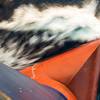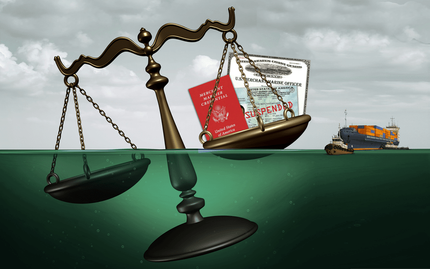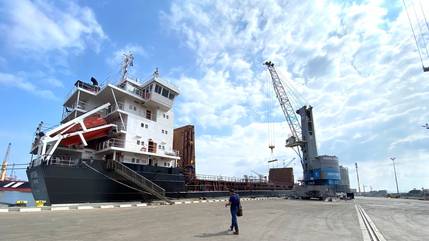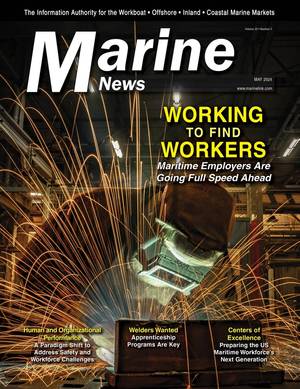Chemistry and biological science experts at the University of Hull, say increasing acidification of the world’s oceans has the potential to significantly disrupt the way marine life communicates, with yet unknown consequences for the ecosystem.
Increasing levels of CO2 pumped into the atmosphere are altering chemical communication which marine life relies upon to find food, avoid predators and to mate.
The research, published today in the Global Change Biology Journal, is expected to have a big impact as its potential implications range from aquaculture to ecosystem management and conservation.
Ocean acidification occurs when the CO2 in the atmosphere is absorbed by sea water.
Leading researcher, Christina C. Roggatz, a University of Hull PhD student has shown how ‘smell’ molecules used for communication are significantly affected by this ongoing acidification of the ocean.
Chemical communication using smell molecules is essential for marine organisms. Its importance is comparable to the combined status of vision and hearing in humans.
Christina said:"What this study shows is that peptide signalling molecules used by marine invertebrates for egg ventilation and hatching of the larvae are altered by acidification of the oceans. Similar signalling cues are involved in mating, finding food or settlement of a wide range of marine animals and are likely to be affected too."
She added: "Imagine you are a little crab, living on a shore with large rocks, deep pools and battled by tides and waves. The only way to find your lunchtime snack would be to smell it from a distance. But the same applies to the octopus on the hunt for you. So you as the little crab rely on smelling the octopus first to avoid being eaten."
If this was no longer possible it has the potential to significantly affect animal behaviour and interactions. This would add to the well-known effects of ocean acidification on fitness, physiology and reproduction of marine organisms.













